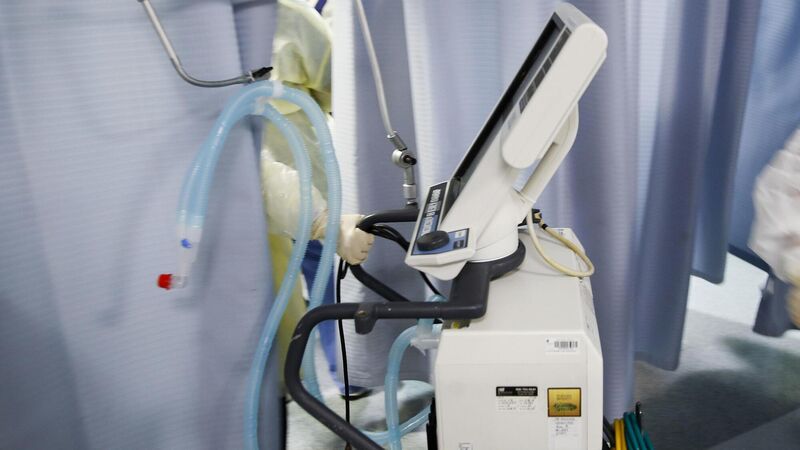Department raised concerns over Covid-19 death-in-service payment

Officials from the Department of Public Expenditure raised concerns that some of the reasoning for the scheme 'was not substantiated'. Picture: AP Photo/John Minchillo
A government department raised a series of concerns over a Covid-19 death-in-service payment saying eligibility seemed “very wide” and no evidence had been provided to support claims it would help with recruitment and retention of healthcare staff.
The Department of Public Expenditure also asked whether some families would receive multiple payments through other compensation schemes and about how it could be determined if the person had caught the virus in the workplace.










